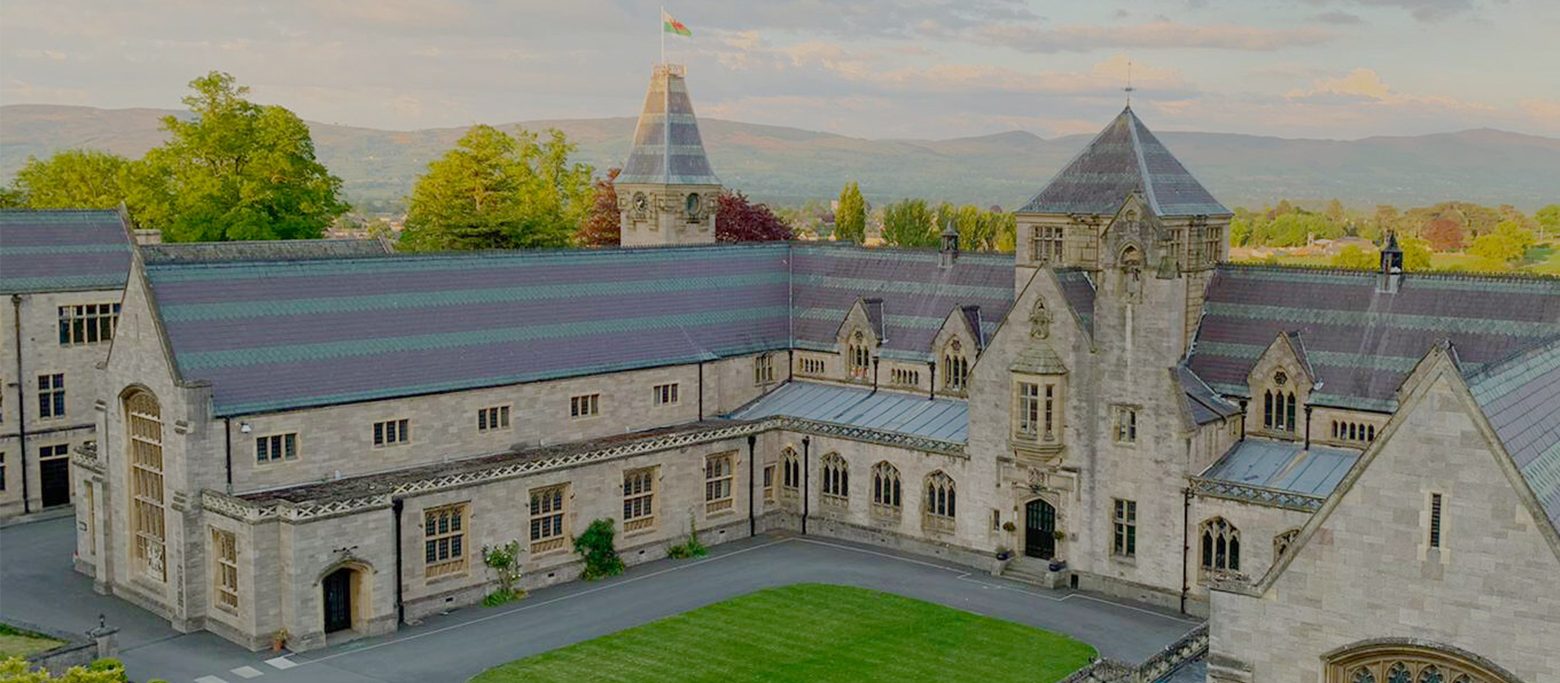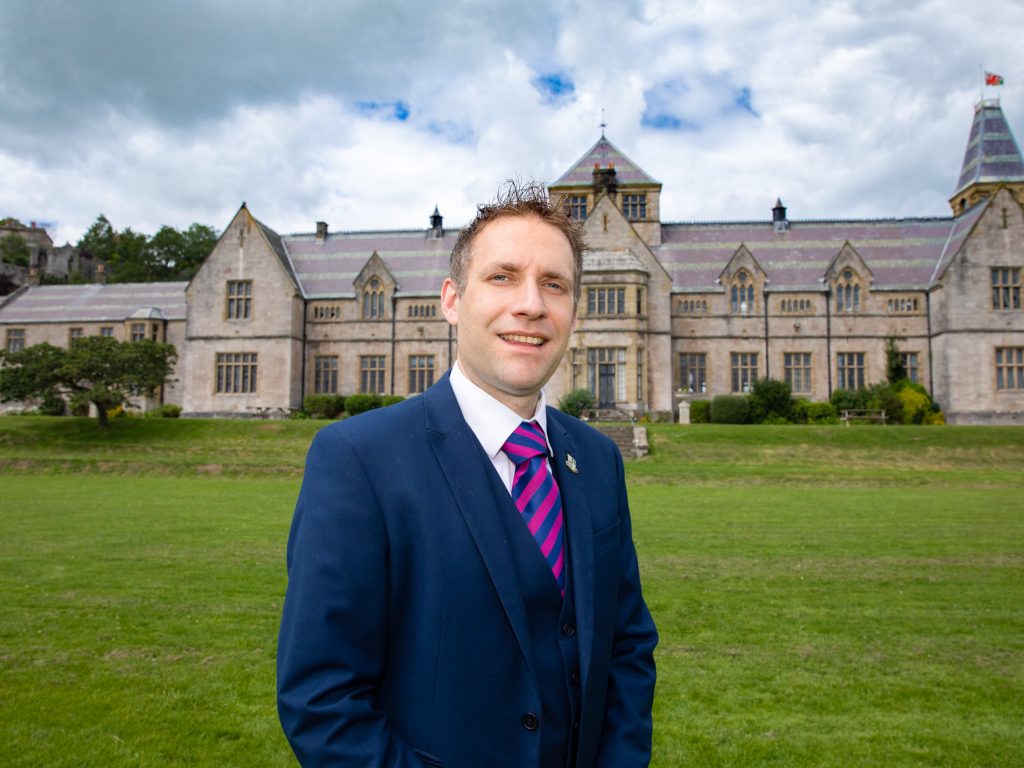Young people will need a break from the curriculum when they return to the classroom, writes Andy Allman
Over recent weeks there has been much debate in the media over what the government will put in place to help children “catch-up” due to the breaks from classroom-based learning during lockdown.
As expected, most of these suggestions place heavy emphasis on our academic practice and providing additional time to the teaching, learning and revising of subjects that students may have fallen behind on. I believe that this catch-up approach is fundamentally flawed and while additional academic support will, of course, hold its place on our return to classroom-based learning, it should not be our priority.
The dedication that each school and staff body has shown to their students during the lockdown is commendable. Teaching is a profession that never stops at the front door; the academic and pastoral needs of each student are paramount for all teachers at all times. Online learning has not prevented this — in fact the devotion of teachers to their students and schools to help support them through this difficult time is extraordinary.
“The real work for dedicated teachers will begin once students walk back through the doors of our schools.”
At the school I lead, Myddelton College, we have done our best to consider the mental health of students and staff and we have continued to ensure that our programme of pastoral support is high on our agenda. Maths and science lessons have been suspended to listen to a guest speaker offer advice on finding personal strengths and resilience. Mindfulness and yoga have both been on offer alongside the traditional subjects of English and history.
We have done our best but this is not enough. The real work for dedicated teachers will begin once students walk back through the doors of our schools. Teachers are facing a test in the weeks and months ahead far greater than the one they faced in the wake of online learning. For many people in society there will be a collective sigh of relief as young people once more throng the corridors of schools and go through the motions of a school morning routine. Many parents will be grateful that things are beginning to return to normality for their son or daughter. While I can understand these emotions, I feel it is a mistake for teachers to be swept up by the urgency of the wider community to return to pre-Covid days.
A recent BBC report announced some catch up options the government could be considering, including: summer schools, weekly tutoring sessions, repeating a school year and extending the school day. But there was little acknowledgment or understanding of what teachers actually do. A small part of a teacher’s career is spent in the highs and lows of the academic performance of a student, the larger part of a teacher’s career is getting the very best out of every student as a whole person.
“Students’ confidence in their own abilities to rationalise difficulties, navigate relationships and manage risks will have been disrupted.”
Teachers are no longer educators of a specialist subject alone. Teachers are educators of life, of emotions, of loves, relationships, problems, solutions. They help young people find the confidence to stand tall and stand strong. The greatest loss that our young people will have suffered over the last months will be their lack of connection. Connection with nature, friends, family and themselves. For many their confidence in their own abilities to rationalise difficulties, navigate relationships and manage calculated risks will have been disrupted by this period of isolation.
When students return to my school they will thrive again but not by being taught additional maths and English or by extending the school day so that we can all attend revision classes. On return to schools many students will feel lost, confused, tired and emotionally disjointed and what will be “lost” are the personal attributes and emotional strength that allow us to succeed academically.
“The welfare and emotional needs of our students are at risk now, more than ever, if we do not get their return journey right.”
Any school’s priority should be healing individuals, their relationships, their emotional connections, allowing them to live life hand-in-hand away from Zoom and Teams chats. It is vitally important to remember where we fit as a collective whole in our school community and help to build and reshape it. We can use the lessons that we may have learned from our periods in isolation to make what we have more special and more successful.
So as the period of isolation ends and teachers return to school the real job is only just beginning. The welfare and emotional needs of our students are at risk now, more than ever, if we do not get their return journey right. Returning to school should not just be about putting physical safety measures in place. It is about prioritising and rethinking what has been “lost”.
We need to redefine education and restore the mental and emotional health of our students and only then will we be in any position to consider any need to catch up with academic shortfall.





